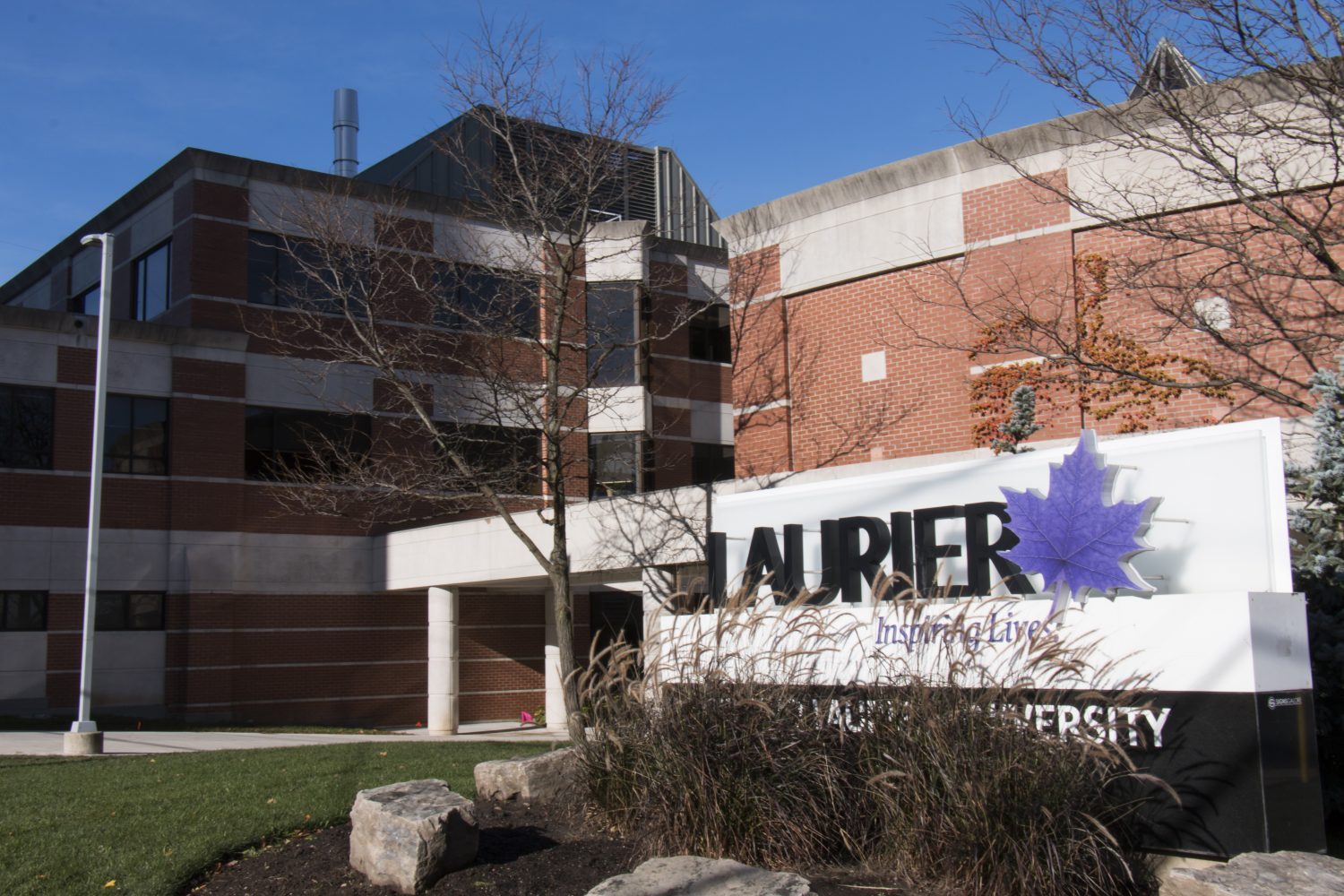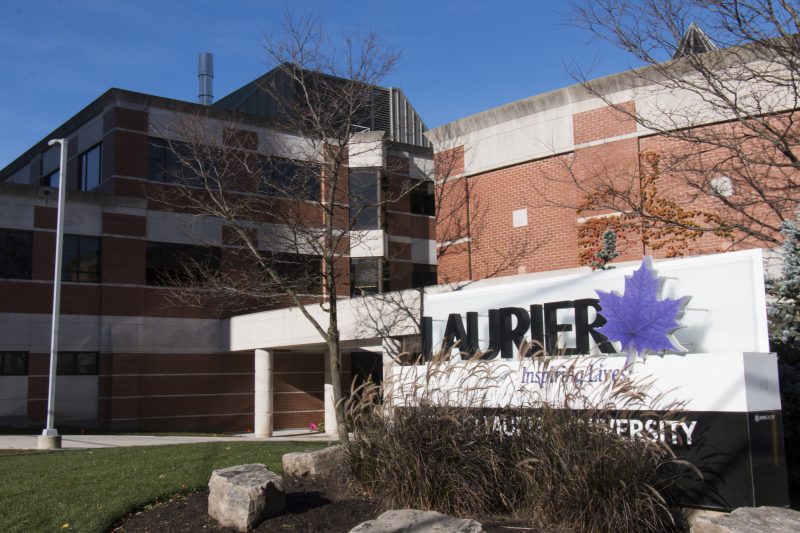Conciliation date set for WLUFA and WLU


While exams and teaching commitments may be posing small problems for scheduling negotiations, the Wilfrid Laurier University Faculty Association and Wilfrid Laurier University have finally reached a day of conciliation scheduled for Dec. 14, with a day of regular negotiating scheduled for Dec. 8.
The appointed conciliator from the Ministry of Labour will be Greg Long, who will be overseeing the negotiations between WLUFA and WLU on Dec. 14.
Since May 16, the university and WLUFA, which represents Contract Academic Staff, have met 23 times. While progress was made between the two parties, the university ended up filing for conciliation on Nov. 7.
According to a press release on the university’s official website, conciliation is a normal part of the collective bargaining process, where a neutral third party can assist WLUFA and the university in coming to an agreement.
“The university is looking forward to our next bargaining meeting with the union and to the conciliation process. Although progress has been made over the course of 23 meetings since May, the parties have reached the point where the assistance of a conciliator will be helpful. The university remains hopeful that a new collective agreement can be reached without any labour disruption,” said Kevin Crowley, director of communications and public affairs, via email.
“The university values its CAS members and wants to reach a fair and equitable agreement, but the agreement must align with student needs, market standards and financial realities.”
Michele Kramer, president of WLUFA, said both parties are hopeful an agreement can be made by the end of the conciliation session.
“[We] will work at the table that day (possibly through the night and into the next day) to try to get that done,” said Kramer.
However, if an agreement cannot be made as a result of the conciliation process, WLUFA is making preparations in the event that a job action ensues, such as a strike by the association or a lockout by the employer.
At the end of October, WLUFA members voted 95 per cent in favour of authorizing the committee to call a strike, should it become necessary.
With this news, Kramer stressed the fact that while WLUFA is preparing for a strike, if necessary, the association will continue to work so that a strike isn’t needed.
“A strike is always going to be our last choice,” she said.
As for students at Laurier, fall term classes and exams will be carried out as per usual. Kramer also responded to a ‘letter to the editor’ written by Samantha Deeming, president of the Wilfrid Laurier University Graduate Students’ Association, which was published by The Cord on Nov. 16.
The letter, titled ‘PhD student teaching opportunities,’ offered a rebuttal to WLUFA’s statement that “the push to make doctoral students responsible for teaching their own courses after only two years may jeopardize the students’ ability to complete their doctoral degrees.”
As said by Deeming, the chance for PhD students to teach during their degree is critical to their future academic success and Laurier’s designation as a comprehensive university implies a level of excellence to prepare PhD students for any career choice.
According to Kramer, WLUFA is not trying to stop PhD students and post-doctoral students from gaining access to teaching courses and there are a number of courses students are allowed to access without having to “compete” against contract faculty.
“WLUFA is simply trying to suggest that there needs to be a reasonable limit as to how many of these “exempt” (from competition) courses are available to graduate students. As has always been the case — and will always be the case — any graduate student can always apply to teach courses open to contract faculty in the regular way — which means that they must submit applications that will be vetted by a Part-time Appointments Committee (a PTAC) that will choose the most appropriate applicant for the course in question,” said Kramer via email. “In other words, WLUFA is not trying to limit graduate student access to courses that are available to contract faculty; it is only trying to limit how many courses are given out in the “exempt” from application/ vetting by PTAC process.”
In response, Deeming wanted to reiterate what she said in her letter that the GSA supports Laurier’s efforts to increase the number of exempt positions for PhD students.
Deeming also wants to ensure that every PhD student at Laurier gets an opportunity to teach on campus while having the ability to apply to teach courses that are open to contract faculty that are not exempt.
“We engaged in this conversation because we feel that WLUFA can not adequately represent the PhD students who are currently their fee-paying union members who hold exempt positions while also representing CAS members who are not students and want as many opportunities to teach as possible at the expense of our PhD students,” said Deeming.


